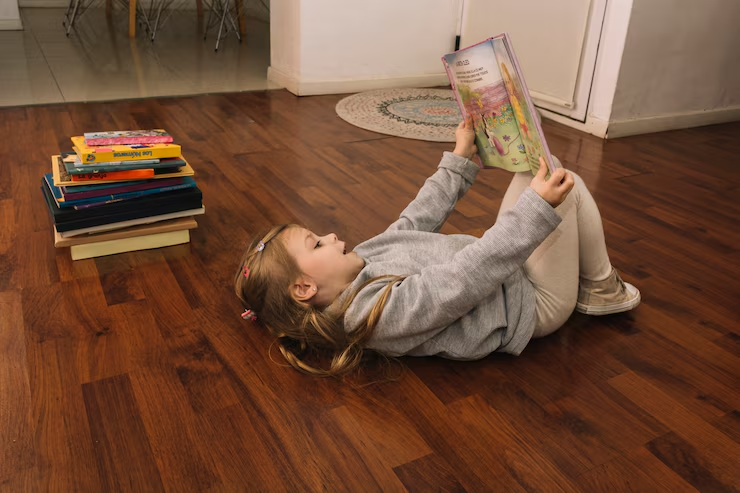If your car’s air conditioning isn’t working as well as it used to—especially in traffic or on hot days—you might be wondering:
“Does the radiator affect the air conditioner?”
The answer is: Yes, the radiator can indirectly affect how well your air conditioning system performs.
While the radiator and A/C system are separate, they are closely connected through heat management and airflow under the hood.
Let’s break it down.
The Role of the Radiator
The radiator is part of your engine’s cooling system. Its job is to:
- Transfer heat away from the engine
- Circulate coolant to prevent overheating
- Maintain optimal engine temperature
It does not handle refrigerant or directly cool the air in your cabin. That’s the job of the A/C system’s condenser, compressor, and evaporator.
How the Radiator Affects the A/C System
1. Shared Cooling Fan
Most vehicles use a single electric fan (or a pair of fans) that helps cool both:
- The radiator (for the engine)
- The A/C condenser (for the air conditioner)
If the radiator fan isn’t working properly, airflow to the condenser is also reduced—especially when idling or driving slowly. This means the A/C system can’t get rid of heat efficiently, and your air conditioning may blow warm air.
2. Overheating Shuts Down A/C
When your engine overheats (due to a bad radiator, low coolant, or poor circulation), the ECU (engine control unit) may disable the A/C system to reduce engine load and protect critical parts.
So, if your engine is running too hot, your A/C might stop working—not because the A/C is broken, but because the radiator isn’t doing its job.
3. Blocked Airflow
The A/C condenser sits right in front of the radiator. If the radiator is clogged with debris or bent fins, it can restrict airflow to the condenser as well.
This leads to poor A/C cooling, especially in hot weather or when the vehicle is idling.
Signs Your Radiator Is Affecting the A/C
- A/C blows warm air at idle but gets cooler at higher speeds
- Engine temperature is higher than normal
- Cooling fans aren’t running when the A/C is on
- Visible leaks or corrosion around the radiator
- Poor heater and A/C performance together
What to Check or Fix
✅ Radiator Health
- Coolant levels (top off if low using the correct type)
- Signs of leaks or corrosion
- Clogged or damaged fins
- Internal clogs reducing coolant flow
✅ Cooling Fans
- Fan turns on when engine gets hot or A/C is running
- Listen for fan operation when A/C is engaged
- Check relays, fuses, and fan motor if not working
✅ Thermostat and Water Pump
- Stuck thermostat or a failing water pump can reduce coolant flow
- This can cause overheating and impact A/C performance indirectly
FAQs
Does replacing the radiator fix A/C issues?
It can—if the A/C issues are caused by overheating or poor airflow through the radiator and condenser. But if the A/C problem is with the compressor, refrigerant levels, or electrical system, replacing the radiator won’t help.
Should the radiator fan turn on with the A/C?
Yes. When the A/C is turned on, the cooling fan should run automatically to help cool the condenser. If it doesn’t, that’s a sign something’s wrong.
Can low coolant affect the A/C?
Yes. Low coolant can cause the engine to overheat, which may force the A/C system to shut off as a protective measure.
Final Thoughts
While the radiator and A/C systems are separate, they work side by side—especially when it comes to airflow and heat management. If your radiator is failing, clogged, or overheating, it can absolutely impact how well your air conditioning performs.
So, if your A/C is blowing warm air—especially when idling—don’t forget to check the cooling system, not just the A/C components. Keeping your radiator and fans in good shape ensures both your engine and cabin stay cool, even on the hottest days.







